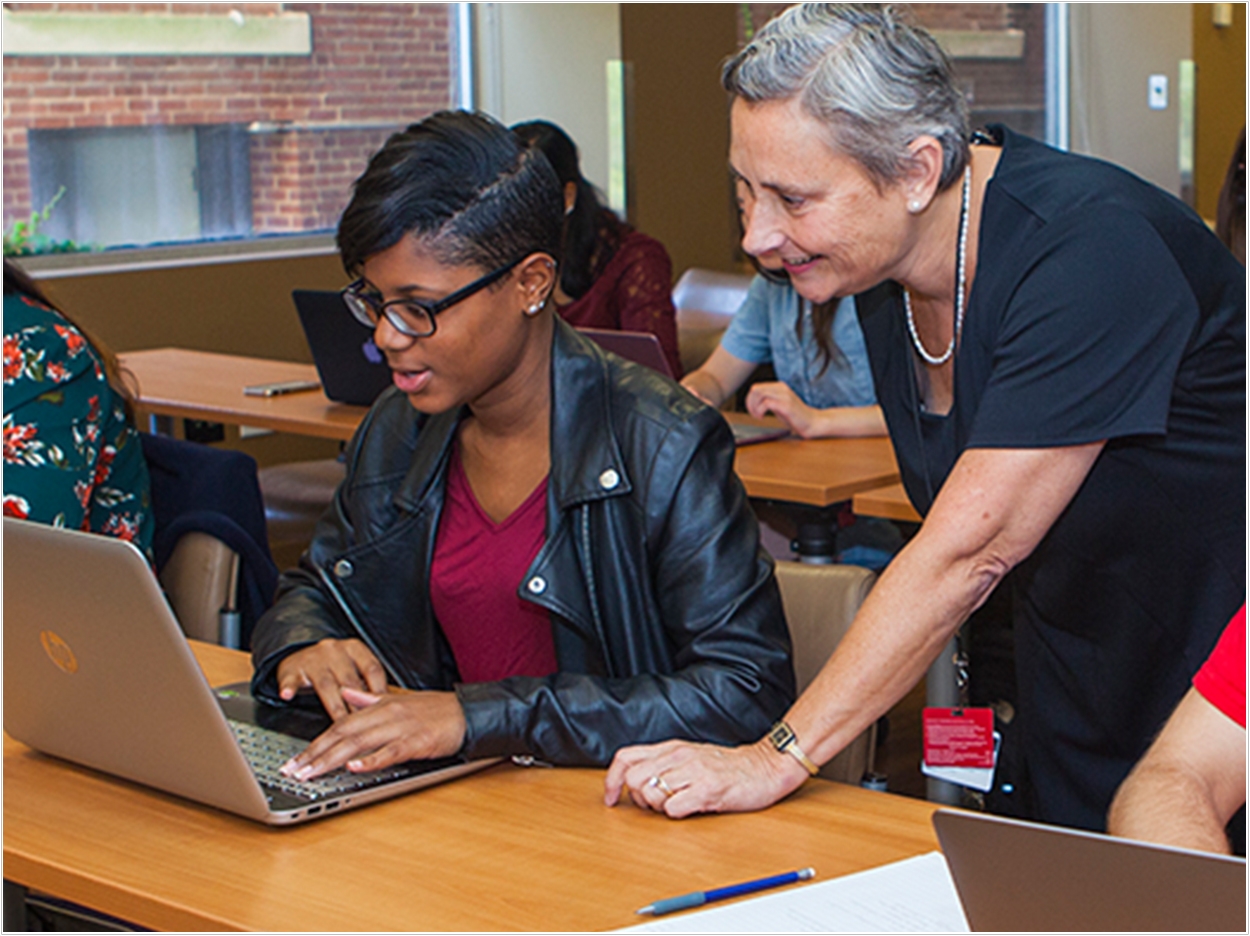
The Boston University (BU) Oral Health Sciences (OHS) master’s program is a successful credential-enhancing program for dental school applicants that also serves as a pipeline to increase the number of qualified applicants from underrepresented minority (URM) groups, according to the school.
While medical school applicants benefit from a variety of academic enrichment programs, BU notes, pre-dental enrichment programs have lagged behind. In 2005, BU’s Goldman School of Dental Medicine (GSDM) collaborated with BU School of Medicine Graduate Medical Sciences to introduce the OHS pipeline program to enhance the academic preparedness of students from URM groups for dental school admission.
To measure the OHS program’s success, BU measured acceptance to dental school and performance at GSDM in the first and second years among URM students from 2005 to 2015 compared to non-URM OHS graduates and non-OHS dental students. During this period, 55 URM students completed the OHS program, with 49 successfully matriculating to a dental school in the United States and 33 attending GSDM.
The researchers also found the average OHS GPA was higher for those URM students accepted to dental school than for those who did not gain admission (3.36 versus 2.94). Evaluation of the academic performance of URM OHS students in the first year and second year at GSDM showed that these students performed as well as the non-OHS and non-URM OHS students.
These results demonstrate that the OHS master’s program has been successful in its mission of increasing the number of qualified applicants from groups historically underrepresented in the dental profession. It is one of our strongest master’s programs helping to fulfill our mission of promoting diversity, equity, and inclusion,” said Theresa A. Davis, PhD, corresponding author and director of the OHS program.
“The collaboration between OHS and GSDM prepares its graduates to practice as expanded healthcare providers, integrating the concepts of dentistry, medicine, and public health. The academic foundation established by the OHS master’s program positions our students for personal and professional success,” said coauthor Larry Dunham, DMD, director of diversity at GSDM.
Although pipeline programs have positively impacted the number of URM enrollees in dental school, BU reports, a low number of URM dental students and practitioners still exists, so attempts to diversify faculty along with effective recruitment and retention strategies for URM students must continue.
The study, “Improving Diversity of Dental Students Through the Boston University Master’s of Oral Health Sciences Postbaccalaureate Program,” was published by the Journal of Dental Education.
Related Articles
Minorities Underrepresented in the Dental Workforce
Harvard Honored for Diverse Dentistry Pipeline Program
The US Dominates the ARWU’s Best Dental Schools for 2018












